Our projects and research shape the STEM education field by introducing innovative curricula and improving student access to STEM.
We support more than 60 active projects every year, and our high-quality, innovative research is based on the understanding that for STEM, real-world application matters. We inspire, motivate, and create life-long learners by helping students connect what they are taught in the classroom to the world around them.
These projects and our research are designed to encompass a wide range of subjects and disciplines within STEM education and teaching methods to expand accessibility for all eager minds.
Can’t find what you need? Explore our archive of past projects.
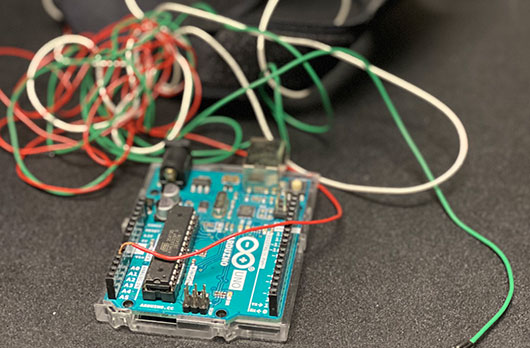
The NeuroVivid project is developing a BCI maker experience for neurodiverse multi-cultural learners to broaden interest in STEM.
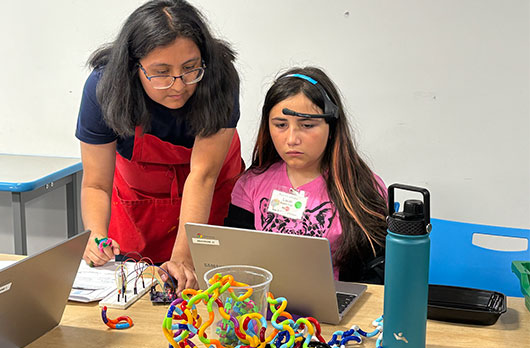
NeuroVivid Pathways is a STEM maker camp and educator training initiative for neurodivergent middle schoolers in Massachusetts, New Jersey, and Alaska.
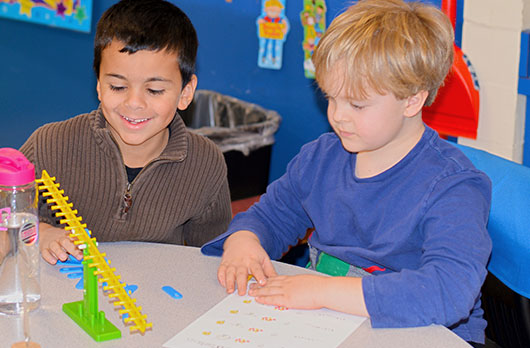
Project LEAP researchers are developing a Grades K–5 Early Algebra Learning Progression (EALP) to foster young children’s algebraic thinking and are testing its potential to improve children’s algebra-readiness for middle grades.
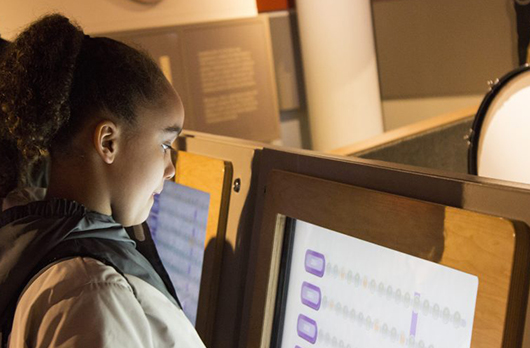
Broadening rural middle school history students’ participation in meaningful and culturally relevant CS instruction.

This project looks for large scale impacts of such a widespread, sustained-over-time experience on students, teachers, schools and communities.
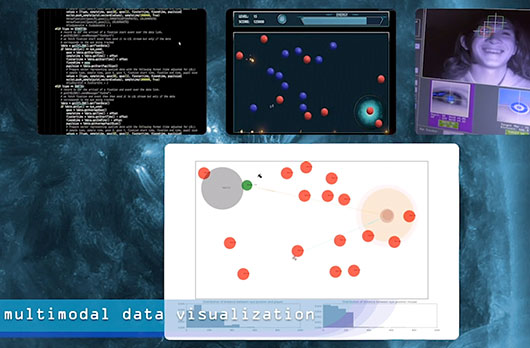
Investigators from TERC, Landmark College, and MIT collaborated to examine the relationships among patterns of play in a digital game (“Impulse”), student attention (measured from eye- and head-tracking devices); and student learning about Newton’s first and second laws.
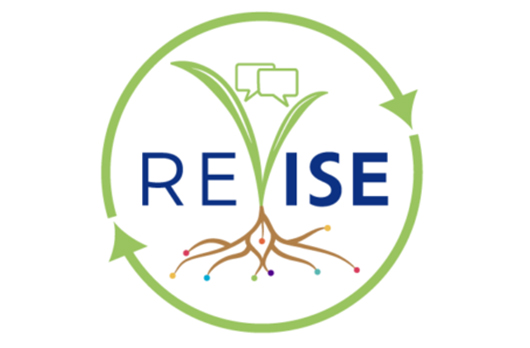
Reimagining Equity and Values in Informal STEM Education (REVISE) Center
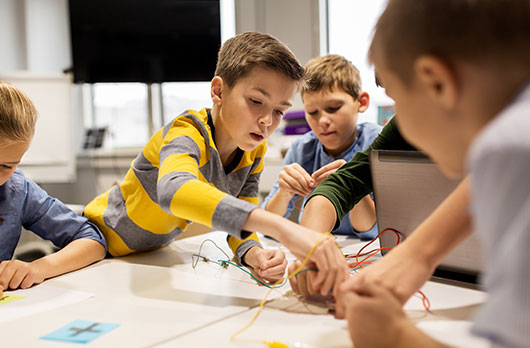
Robots in Science supports middle school physical science teachers to develop and implement integrated robotics units in their classrooms.
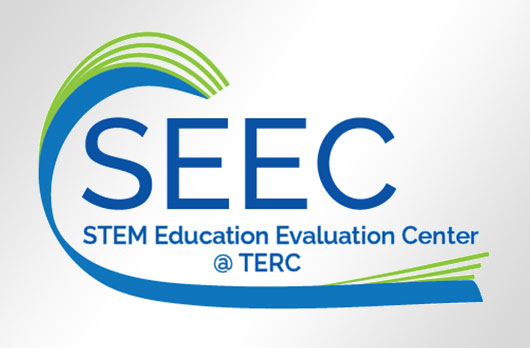
SEEC offers consultation, external evaluation, and research support for existing STEM education grants and programs and collaborates with proposal writing teams to design studies.

The Sound Travels project is investigating how sounds around us (soundscapes) impact people and their learning outside school in spaces like parks, zoos, and science centers.
